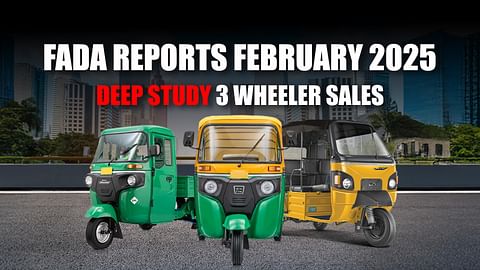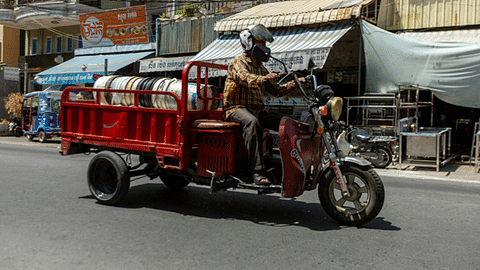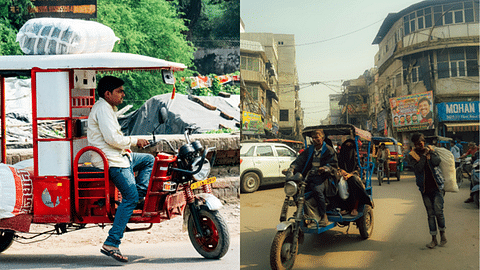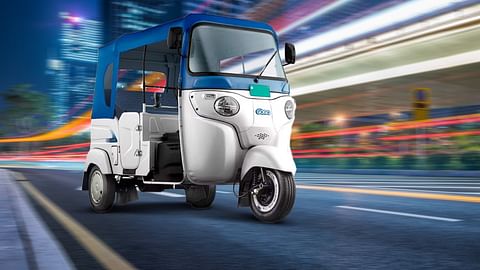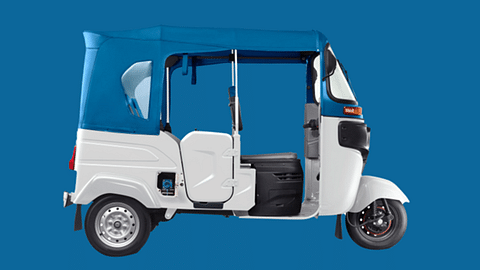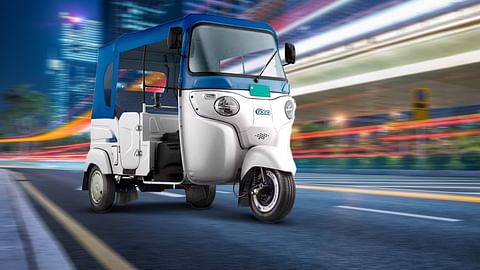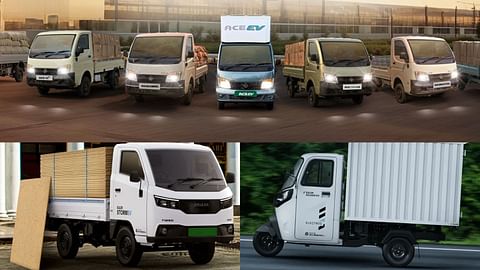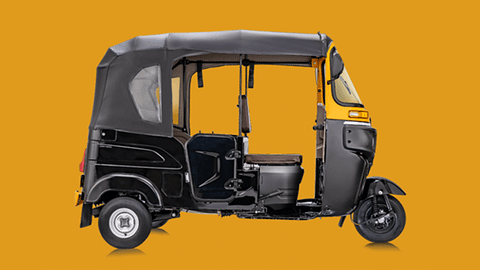Essential Auto Rickshaw Maintenance and Safety Tips for Long-lasting Performance

Auto rickshaws are a very important mode of transport in India. They offer a very affordable and convenient means of short-distance travel. However, to ensure that these vehicles last longer, perform better, and above all, are safe to use, regular maintenance and safety practices are essential. Whether it is a traditional fuel-powered rickshaw or an electric one, the following maintenance and safety tips will help you keep your three-wheeler in top condition.
1. Regular Engine Maintenance
Like all other vehicles, auto rickshaws also require periodic checks of the engine. The engine oil, air filter, and fuel system should be checked regularly for smooth engine running. In case of a petrol and diesel-powered rickshaw, change the engine oil after every 3,000 to 5,000 kilometers. This will keep the engine in good condition. In addition, clean or replace the air filter to ensure dust and dirt do not impair engine performance.
2. Battery and Electrical System Care (for Electric Rickshaws)
For electric three-wheelers, the battery should be maintained regularly. Check its charge and make sure that the charging system is functional. Do not overcharge or undercharge the battery to prolong its life. Maintain electrical connections clean and free of corrosion to keep your electric rickshaw performing at its best.
3. Tire Maintenance
Tires are the safety component and performance of your auto rickshaw. Regularly inspect the tires for wear and tear. Check tire pressure as low or high pressure also affects fuel efficiency and driving. For better grip over the road and comfort in driving, rotate the tires at every 8,000 to 10,000 kilometers, and replace them when they indicate damage.
4. Checks on Brake System
Safety comes first, and the brake is one of the significant contributions to the security of a car. Check the brake fluids, brake pads, and brake linings from time to time. Wear inspection of the brake system is crucial and should be replaced once broken. Proper brake care is always ahead of time so you react fast in case of accidents.
5. Cooling and Radiator System
For the conventional petrol-engine rickshaws, cool and lubricate the engine through proper radiator and cooling systems. Check the coolant frequently, and top up accordingly to avoid overheating. Clean the radiator periodically to ensure air goes across it. Overheating would damage the engine, which would be very expensive in repairs.
6. Lubrication
Regular lubrication of moving parts such as the suspension system, steering/handle, and transmission would ensure a smooth-running auto rickshaw. Thereby it lessens friction and ensures that the vehicle runs without unnecessary wear and tear. Only use the recommended type of lubricants for your model of auto rickshaw.
Safety Tips for Auto Rickshaw Operators
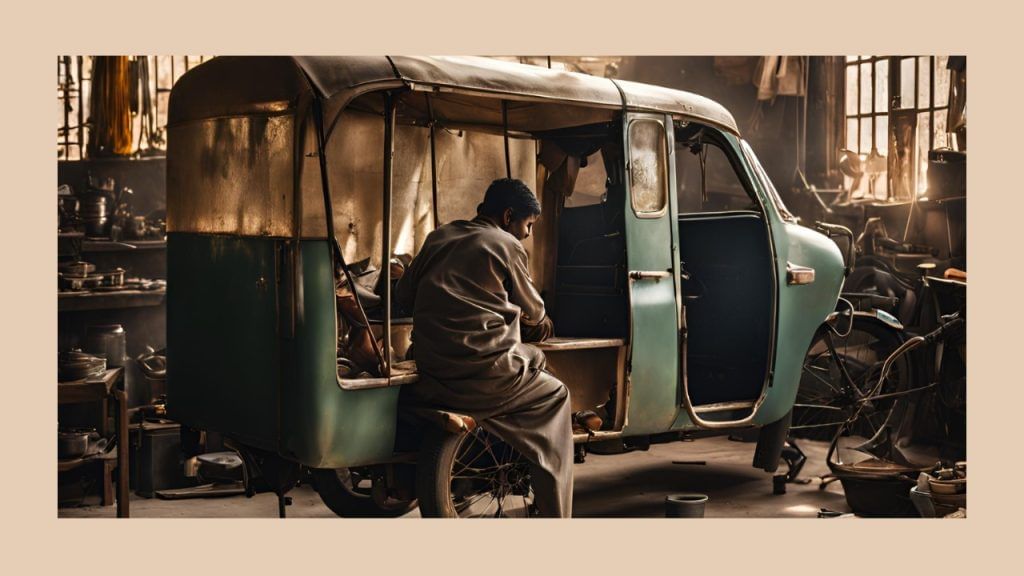
1. Vehicle Checks Before Each Journey
Before heading out, perform a basic safety check of the rickshaw. Look for all functioning brakes, tires, and lights. Also ensure that the horn is working properly, along with no evident damages or risks.
2. Drive At Safe Speed Limits
Auto rickshaws are not meant for high speed driving. One should drive at a moderate pace to reduce the chances of accidents and to have full control of the vehicle when driving through busy city roads. Always change lanes smoothly, and use your indicators.
3. Make the Vehicle Safe for Passengers
To keep passengers safe, ensure that the vehicle does not exceed the weight that the manufacturer has recommended. Also, ensure that the passengers are comfortably seated.
4. Night Driving Precautions
If you are driving at night, ensure your rickshaw's lights work correctly. Dim or distorted lights can cause accidents. Carry a flashlight or spare battery to handle emergencies.
5. Follow Traffic Rules
Following traffic rules is not only mandatory but also vital for safety. Always stop at traffic signals, respect pedestrian crossings, and avoid sudden braking. Stay alert and be cautious of other vehicles on the road.
6. Handling Electric Rickshaw-Specific Risks
For electric three-wheelers, battery safety should be your first priority. Use only certified chargers. Do not charge in wet or dangerous environments. And also ensure safety against the risk of fires by always checking for any signs of overheating in your battery system.
Safety Features to look for in Three-Wheelers
1. Roll Bars: Roll bars protect the driver and passengers in case of a rollover, preventing injury to the driver and passengers.
2. Fire-Resistant Battery Systems: Electric three-wheelers must come with fire-resistant battery management systems to eliminate any chance of fire or explosion.
3. High-Performance Braking System: Anti-Lock Braking System (ABS) and superior braking system provide better stopping power in the event of an emergency.
Conclusion
Auto rickshaws are one of the most important forms of everyday transportation in India. For it to run safely and without any breakdowns, regular maintenance and safe practices are needed. Following some simple maintenance habits and safety suggestions can help the rickshaw owners reduce the probability of accidents, avoid expensive repairs and ensure a safe journey.
Latest Three Wheeler News
View All Three Wheeler NewsRecent Posts
- February 2025 Three-Wheeler Commercial Vehicle Sales Report: FADA Insights
- दिल्ली की ई-रिक्शा पहेली: परिवहन जीवनरेखा या यातायात संकट?
- Delhi’s E-Rickshaw Puzzle: A Transport Lifeline or a Traffic Menace?
- Bajaj Auto Launches ‘GoGo’ Electric Autos – A Game Changer in India's EV Sector
- क्या मिनी-ट्रक भारत की लास्ट-माइल डिलीवरी में थ्री-व्हीलर्स को पीछे छोड़ रहे हैं?
- बजाज थ्री-व्हीलर्स की खोज: बेहतरीन मॉडल, कीमतें और माइलेज की जानकारी
- बजाज ऑटो ने लॉन्च किए ‘GoGo’ इलेक्ट्रिक ऑटो – भारत के ईवी सेक्टर में बड़ा बदलाव
- Are Mini-Trucks Overtaking Three-Wheelers in India’s Last-Mile Delivery Race?
- Exploring Bajaj Three-Wheelers: The Best Models, Prices & Mileage Insights
- Top 10 Leading E-Rickshaw Brands India: Driving the Future of Green Mobility in India
Popular Three Wheelers Brands
 Altigreen
Altigreen Euler Motors
Euler Motors Mahindra
Mahindra Piaggio
Piaggio Bajaj
Bajaj Greaves Mobility
Greaves Mobility ATUL
ATUL TVS
TVS Omega Seiki Mobility
Omega Seiki Mobility Kinetic
Kinetic Lohia
Lohia JSA
JSA YC Electric
YC Electric Udaan
Udaan SN Solar Energy
SN Solar Energy Saarthi
Saarthi Teja (Powered by Greaves)
Teja (Powered by Greaves)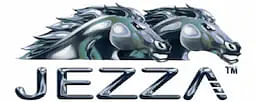 Jezza Motors
Jezza Motors GreenRick
GreenRick City Life Electric
City Life Electric Ampere
Ampere Baba Electric
Baba Electric E-Ashwa
E-Ashwa Bahubali E Rickshaw
Bahubali E Rickshaw Dabang
Dabang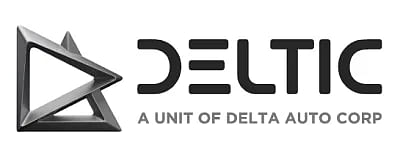 Deltic
Deltic Keto Motors
Keto Motors Mini Metro
Mini Metro Gayam Motors
Gayam Motors Gem EV
Gem EV Gkon Automotive
Gkon Automotive Skyride
Skyride Thukral Electric
Thukral Electric Baxy
Baxy Eblu
Eblu Hexall
Hexall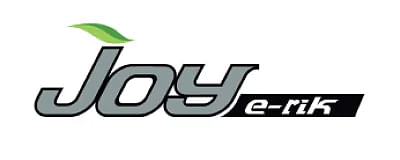 Joy
Joy Montra
Montra Star
Star Dandera
Dandera EKA
EKA Khalsa
Khalsa Hero
Hero- Zero21
91trucks is a rapidly growing digital platform that offers the latest updates and comprehensive information about the commercial vehicle industry.
